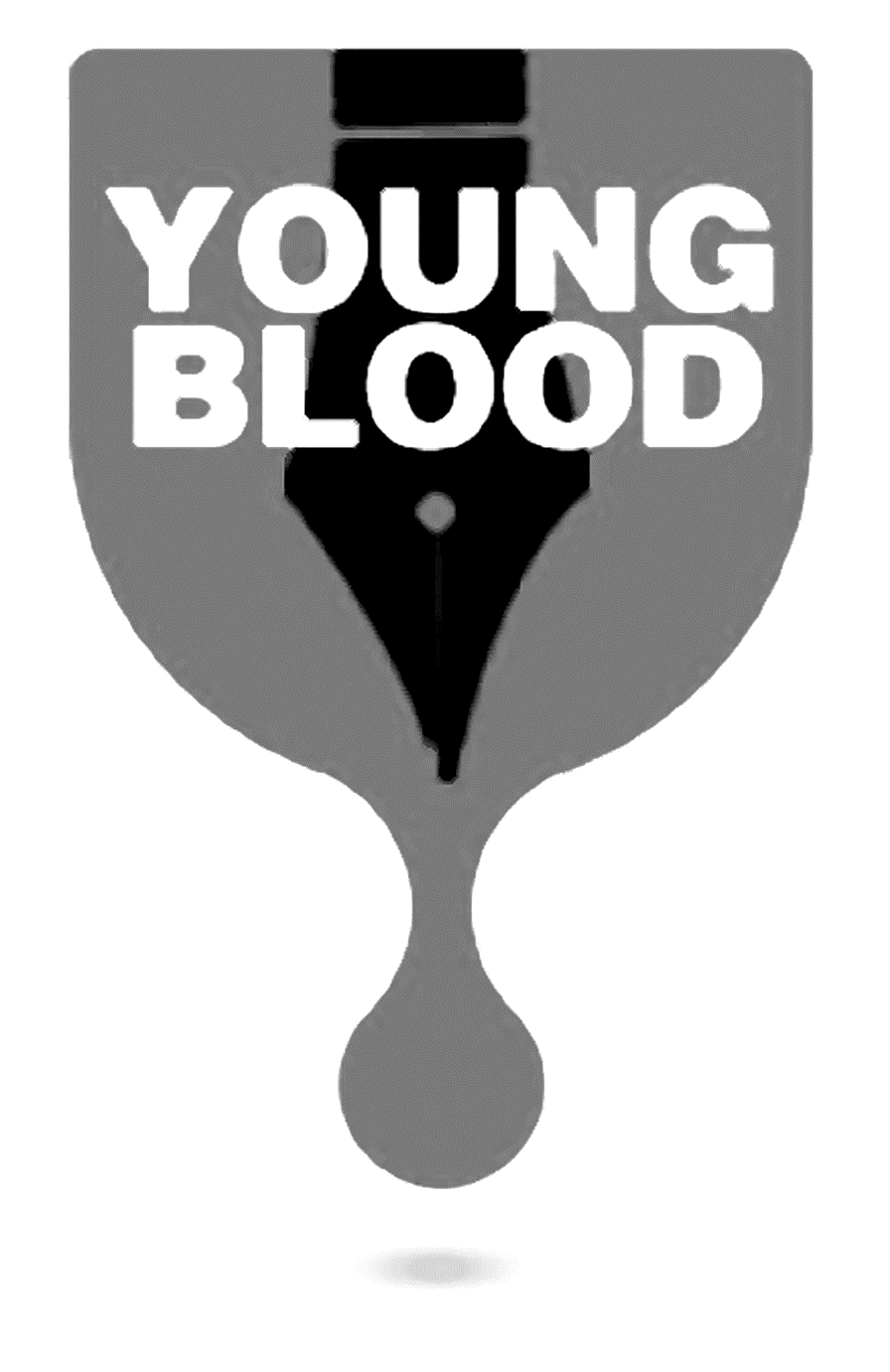I was a “healthy” child.
People always labeled me cute because I was literally a round child. I was edgeless, soft, chubby, and all the other euphemisms one heard for overweight kids.
It was months after my first year in nursery school when my parents, through the school, entered me in my first pageant as this milk brand escort kid. I was partnered with a taller, slim girl from Grade 1 who had this long and lush black hair. As the fat kid brand ambassador escort, I reaped all the “awwws” and cheers from the crowd while dancing to Britney’s “Oops! I Did It Again,” clad in my all-gold costume and ad-libbing an impersonation of Aga Muhlach (yes, the year was 2001). I effortlessly grabbed first runner-up; the trophy still on display at the school principal’s office.
Fortunately, after winning that award, promissory notes got easier.
Elementary days flew by and the teachers always brought me up on the first day of class as that fat kid who made the school proud by bringing home a trophy from a national child pageant. I was recognized. I was admired. I was, somehow, a school figure. For a few years during my glory days, being fat was a blessing in disguise (frankly, a blessing not that hard to conceal — uh-oh, fat joke).
By the time I got to high school (Papa sneakily enrolled me in a public science high school “because of bills, tuition of your kuya’s”), those glory days were gone. No one recognized me when I played the antagonist in a school play — as the adorable, fat, evil hawk. It was a clean slate.
I thought puberty would save my fat ass from the nightmare. But all puberty gave me were a few sideburns and a deeper voice. Family reunions were also a mess — all the side comments to endure, including the never-ending “Wow, you were surely left alone in the kitchen!”
PE classes were traumatic. It was not because I couldn’t do the activities. It was putting X-LARGE as your size on the paper request for shirts and pants being passed for everyone to read. It was the way boys my age were confident about changing clothes topless at the comfort room, while I hid my man-boobs and stretchmarks behind slightly ajar doors, pretending I had to pee at the same time. It was the loud huffs of catching my breath after a simple warm-up exercise, and always hanging that white “bimpo” because of the sweat.
It was all that garbled anxiety of reliving how Adam and Eve realized their nakedness, while I, in the 21st century, realizing my size, likewise sought to hide from my sin beneath the armchair, and just be the imaginary bush.
My being fat had no justification anymore after grade school. Classmates joked around: “Jesus had no overweight disciples and followers! Not even the tax collectors and the townsfolk were fat. Only the bad, greedy kings.” Thank God for college, because, in it, people only cared about themselves.
Still, jokes were thrown here and there. I let people be, since they said they really didn’t mean any harm. I learned that I didn’t have to listen to everyone or even take their insults as an encouragement, because those who truly cared didn’t have to shame me, even with a “friendly” joke.
But beneath the laughter, I took everything in, too, and it pulled me down, made me feel bad about my body. I prayed that people would see more than just this shell. Not a lot could do that.
Believe me, I try and want the best for myself. I take small steps for my health. Not those extreme workouts and meticulous diets, though, because for someone like me, seconds are a staple, and refusing that extra cup of rice is like stashing away the box from a smoking addict.
The on-and-off relationship I have with my health has to do, for now, with the jeepney barker getting a scolding from the old woman because the seats couldn’t take another passenger on my row, and for secret admirers who scrawled my name behind bathroom doors and under armchairs. But my old routine will stop one day — once I realize I don’t have to do any of this for anyone but myself.
Miguel Carlos Lazarte, 21, is a graduate of development communication from the University of the Philippines Los Baños.
